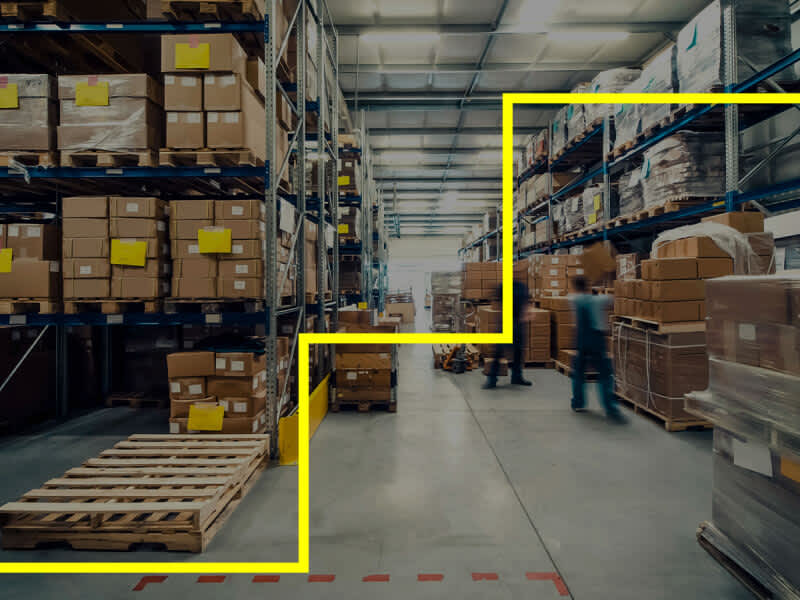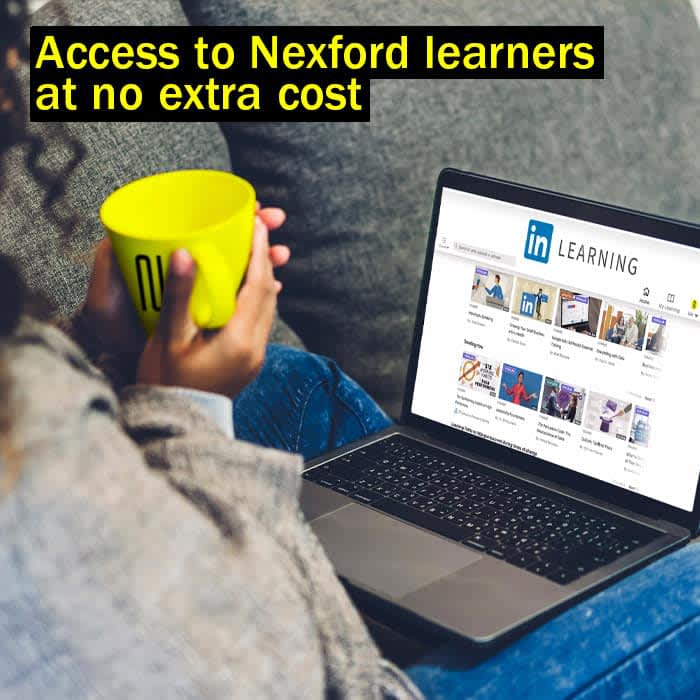
Integrated Supply Chain Management and Sustainable Operations Course
Integrated Supply Chain Management and Sustainable Operations explores different approaches needed by organizations as they evolve in the 21st century. A key aspect in creating sustainable operations is minimizing the use of natural resources. Two key components of an integrated supply chain are value creations and the reduction of waste across the entire chain. The supply chain is a complex network of independent functions within the organization that rely on each other. Integrating these functions requires a multifaceted approach addressing strategic, operational and technological capacities. As technology becomes more sophisticated, one way to increase the value of the entire supply chain is through the use of artificial intelligence. The first part of this course examines the principles, practices, and applications of integrated supply chain management. Achieving sustainable operations requires a concerted effort from organizations to shift their thinking to a triple bottom line approach: people, profit, planet. The Triple Bottom line approach requires organizations to examine ways to reduce waste by compartmentalizing the different aspects of growth with a focus on sustainability. The second half of this course examines the principles, practices, and applications of sustainable operations as they relate to UN SDG #12. Learners examine the wider framework of building sustainable operations by incorporating an integrated supply chain.
Course level
Undergraduate
Course duration
max. 8 weeks
Estimated time per week
10-15 hours
Course prerequisites
Introduction to Supply Chain Management
Cost
$ -
Course credits
3
Relevant jobs
Integrated Supply Chain Management and Sustainable Operations Course Overview
Analyze sustainable operations within an integrated supply chain process as it relates to the UN SDG #12 for Sustainable Development
Describe the triple bottom line as it relates to the supply chain
Examine effective managerial approaches to the integrated supply chain process and the triple bottom line
Evaluate the implications of operational decisions that support the global long-term sustainability of the organization
Apply best practices for an integrated supply chain for an international firm
Develop an integrated supply chain strategic plan that aligns with the overall international strategic direction of the organization
Integrated Supply Chain Management and Sustainable Operations Course Skills
How will I learn?
Learning Experience
Your course starts on the first of the month. The course consists of 6 modules, and is designed to take you eight weeks to complete. Nexford’s learning design team has purposefully created courses to equip you with competencies mapped to the skills employers are looking for. Each course has 5-7 learning outcomes based on the skills employers need. Everything you learn gives you measurable skills you will use to succeed in today’s world of work.
Nexford courses are not live or recorded lectures. Instead, they’re reading, videos, interactive elements, quizzes and relevant case studies. Programs include assessments, peer-to-peer discussions, and a final project to practice what you’ve learned in a real-world context. Program content is available 24/7 during the course, and you have opportunities for collaboration and networking with learners during and after your program. Our global community of learners work at top companies such as Microsoft, Deloitte, and Google.
You'll have 24/7 access to success advisors to support you. Faculty also provide you world-class support. Book appointments with them, get individual feedback, and attend regular optional webinars.Nexford courses are rigorous and they encourage critical thinking - because we care about what you know how to do not what you know you have regular hands-on assessments reflecting the business world.
Course Outline
| Modules |
|---|
| 1: Corporate social responsibility and the triple bottom line |
| 2: Sustainable warehousing and freight transportation |
| 3: Sustainable product design, production, and packaging |
| 4: Sustainable purchasing and procurement |
| 5: Sustainable logistics and supply chain management strategy |
| 6: Measuring sustainability |
| 7: Final Project |
How will I be graded?
View the catalog to learn about how this course is graded.
What will I get after completing the course?
You'll get real skills you can use at work, straight away.
Once you've taken one course, you can take more. Using stacked credentials, you’re able to take enough courses to make a certificate, and take enough certificates to build a degree.
If you apply for a Nexford certificate or degree, you'll get credit for each course you take.
What support will I receive?
When you have a dedicated team on your side, you'll never be alone studying at Nexford. Hailing from many different countries and with online education expertise, our faculty provides you world-class support. Ask them questions during one-to-one office hours or live chat, email them any time, and get individual feedback on your assessments.
While you’re learning, you’ll also have full access to the Nexford online library, which includes access to millions of full-text articles, industry reports and key sources such as the Wall Street Journal, the Financial Times and The Economist.

LinkedIn Learning: unlimited access with Nexford
Support your Nexford goals with access to LinkedIn Learning during your program, at no additional cost. Explore the learning hub of the globe’s biggest professional networking platform to:
- Power your career: choose from over 16,000 expert-led courses, from remote working to data science
- Show off your skills: earn a certificate when you complete a course
- See what’s trending: LinkedIn Learning adds 25 new courses each week
- Tailor your learning: choose relevant courses based on your experience, LinkedIn profile and goals
- Test what you’ve learned: use LinkedIn Learning assessments



